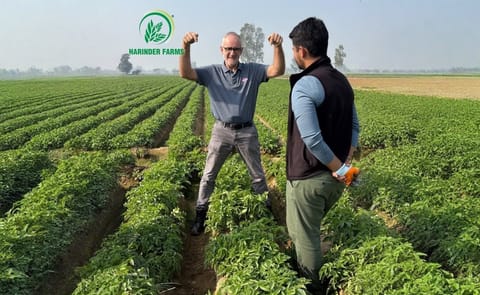The European Commission decided on Friday April, 27 2018 to impose a complete ban on neonicotinoids, referring to the risk they pose to wild bees and honeybees.
European Commission bans all outdoor uses of neonicotinoids

The European Commission decided on Friday April, 27 2018 to impose a complete ban on neonicotinoids, after managing to achieve the necessary qualified majority among EU member states.
18 member states, including France, Germany, Italy and the UK, have endorsed a Commission proposal to further restrict the use of three active substances use in pesticides (Bayer’s imidacloprid and clothianidin, and Syngenta’s thiamethoxam).
The countries that voted against were Hungary, Romania, Denmark and the Czech Republic.
The Commission’s proposal was based a scientific assessment by the European Food Safety Authority (EFSA), which recently re-confirmed that neonicotinoids pose a risk to bees.
EU sources explained that these restrictions go beyond the measures that have already been in place since 2013.
All outdoor uses will be banned and the neonicotinoids in question will only be allowed in permanent greenhouses, where exposure of bees is not expected, Commission sources said, adding that the new restrictions will become applicable by the end of the year
In an interview with EURACTIV earlier this week, the EU Commissioner for Health and Food Safety, Vytenis Andriukaitis, said the process followed both in the glyphosate and neonicotinoids cases showed that the Commission had made “consistent decisions” based on science.
Vytenis Andriukaitis, EU Commissioner for Health and Food Safety:
“We had evidence related to glyphosate and we made consistent decisions. Of course, our message was ‘together with member states’ and we achieved a majority vote.”
“Now, we have evidence about challenges related to bee population and neonicotinoids are very dangerous in this field, once again we are consistent.”
“No one can blame the Commission for being in the hands of some lobby.”
“It is a perfect example of the Commission being consistent and based on scientific evidence, procedures and rules.”
In potato cultivation, neonicotinoids are in use for the treatment of seed potatoes and to control of insects such as Colorado Potato Beetles, Aphids and Potato Leafhopper.











